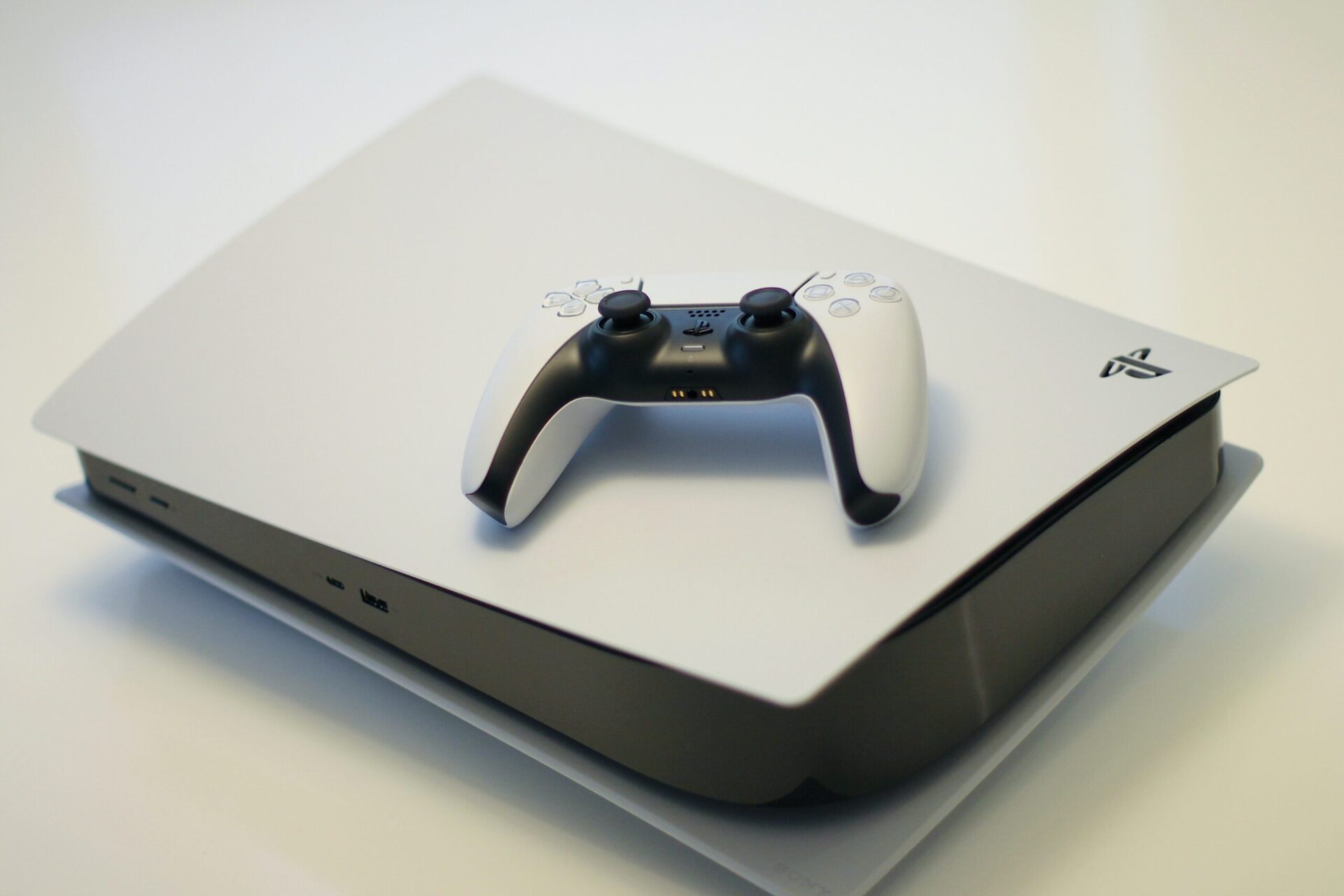Introduction:
PlayStation, developed by Sony Interactive Entertainment, has become a household name and a leading player in the gaming industry. With each new iteration, the PlayStation console brings exciting advancements and features that captivate millions of gamers worldwide. However, like any product, it has its fair share of advantages and disadvantages. In this blog post, we will explore 10 pros and 10 cons of owning a PlayStation console.
Pros of PlayStation:
- Outstanding Exclusive Titles: One of the standout features of PlayStation is its extensive library of exclusive games. Titles like “The Last of Us,” “God of War,” and “Uncharted” have received critical acclaim for their immersive storytelling, stunning visuals, and engaging gameplay.
- Powerful Hardware: PlayStation consoles, such as the PlayStation 5, boast impressive hardware capabilities, enabling high-quality graphics, smooth gameplay, and quick loading times. The powerful hardware ensures an immersive gaming experience.
- Diverse Gaming Options: PlayStation offers a wide range of gaming genres to suit every player’s preferences, from action-adventure and role-playing games to sports and racing titles. The diverse catalog ensures that there is something for everyone, regardless of their gaming tastes.
- Online Multiplayer: PlayStation Network (PSN) allows players to connect with friends and gamers worldwide for online multiplayer experiences. Whether it’s teaming up for cooperative play or competing in intense multiplayer battles, PlayStation offers a robust online community.
- Virtual Reality (VR) Capabilities: With PlayStation VR, Sony has ventured into the world of virtual reality, providing gamers with immersive and captivating experiences. From exploring fantastical worlds to adrenaline-pumping action, PlayStation VR opens up a new dimension of gaming.
- Multimedia Entertainment: PlayStation consoles serve as more than just gaming devices. They double as multimedia entertainment centers, offering streaming services like Netflix, Amazon Prime Video, and Spotify, making it a one-stop destination for all your entertainment needs.
- User-Friendly Interface: Sony has consistently delivered user-friendly interfaces with its PlayStation consoles. Navigating through menus, accessing games, and managing settings is intuitive, ensuring a seamless experience for both novice and experienced gamers.
- Regular System Updates: Sony provides regular system updates for its consoles, bringing new features, improvements, and security enhancements. These updates ensure that the PlayStation ecosystem remains up to date and optimized for the best gaming experience.
- Backward Compatibility: With the PlayStation 5, Sony introduced backward compatibility, allowing players to enjoy a vast library of PlayStation 4 games on the new console. This feature ensures that players can still enjoy their favorite titles while transitioning to the latest hardware.
- Robust Online Store: The PlayStation Store offers a vast collection of digital games, demos, downloadable content (DLC), and more. With frequent sales, exclusive discounts, and pre-order bonuses, the store provides a convenient and comprehensive platform for gamers to expand their gaming library.
Cons of PlayStation:
- Expensive Console: One of the primary drawbacks of owning a PlayStation is the initial cost. PlayStation consoles, especially the latest iterations, can be relatively expensive compared to other gaming options. The high price point may deter some potential buyers.
- Subscription Fees for Online Multiplayer: While PlayStation Network offers an excellent online multiplayer experience, accessing this service requires a subscription fee. This additional cost might be a deterrent for players who primarily enjoy single-player games or have limited interest in online multiplayer.
- Limited Backward Compatibility: Although the PlayStation 5 introduced backward compatibility, it is not universally applicable. Some older PlayStation titles may not be compatible with the new console, limiting players’ ability to enjoy their entire game collection.
- Game Exclusivity: While PlayStation boasts an impressive lineup of exclusive titles, it also means that some highly anticipated games are only available on PlayStation consoles. This can be frustrating for gamers who prefer other platforms or cannot afford to own multiple consoles.
- Lack of Cross-Platform Play: PlayStation has been criticized for its limited support of cross-platform play, particularly when it comes to popular games like “Fortnite” and “Minecraft.” Players may face restrictions when trying to play with friends who own different gaming platforms.
- Additional Costs for Accessories: While the PlayStation console itself provides an excellent gaming experience, additional accessories like controllers, charging docks, and virtual reality equipment can add to the overall cost. These additional expenses may put a strain on some gamers’ budgets.
- Dependence on Internet Connectivity: Many PlayStation features and functionalities, such as online multiplayer, software updates, and digital game purchases, rely heavily on a stable internet connection. Players with limited or unreliable internet access may not fully utilize these features.
- Limited Storage Space: PlayStation consoles often come with limited built-in storage, especially for digital game installations, updates, and DLCs. As games continue to grow in size, players may need to invest in external storage solutions, adding to the overall cost.
- Console Longevity: The lifespan of a PlayStation console can vary, and as newer iterations are released, support and updates for older models may diminish. This means that players may need to upgrade their consoles more frequently to enjoy the latest features and games.
- Potential Hardware Issues: Like any electronic device, PlayStation consoles are not immune to hardware issues or malfunctions. While Sony offers warranty coverage, encountering hardware problems can be frustrating, leading to disruptions in gameplay and potential repair costs.
Conclusion:
PlayStation has undoubtedly established itself as a leading gaming console, providing gamers with exceptional experiences and a vast library of exclusive titles. However, it also comes with its fair share of drawbacks, including the initial cost, subscription fees, and limited backward compatibility. Understanding the pros and cons of owning a PlayStation console allows gamers to make informed decisions and enjoy the best possible gaming experience within their preferences and budget.
We hope this comprehensive exploration of the pros and cons of PlayStation has provided you with valuable insights. Now it’s your turn to join the conversation! We would love to hear your thoughts and experiences with PlayStation. Have you owned a PlayStation console? What are your favorite aspects of the gaming experience it offers? Are there any drawbacks or concerns you’ve encountered? Share your opinions, feedback, and personal anecdotes in the comment section below. We eagerly await your contributions!









